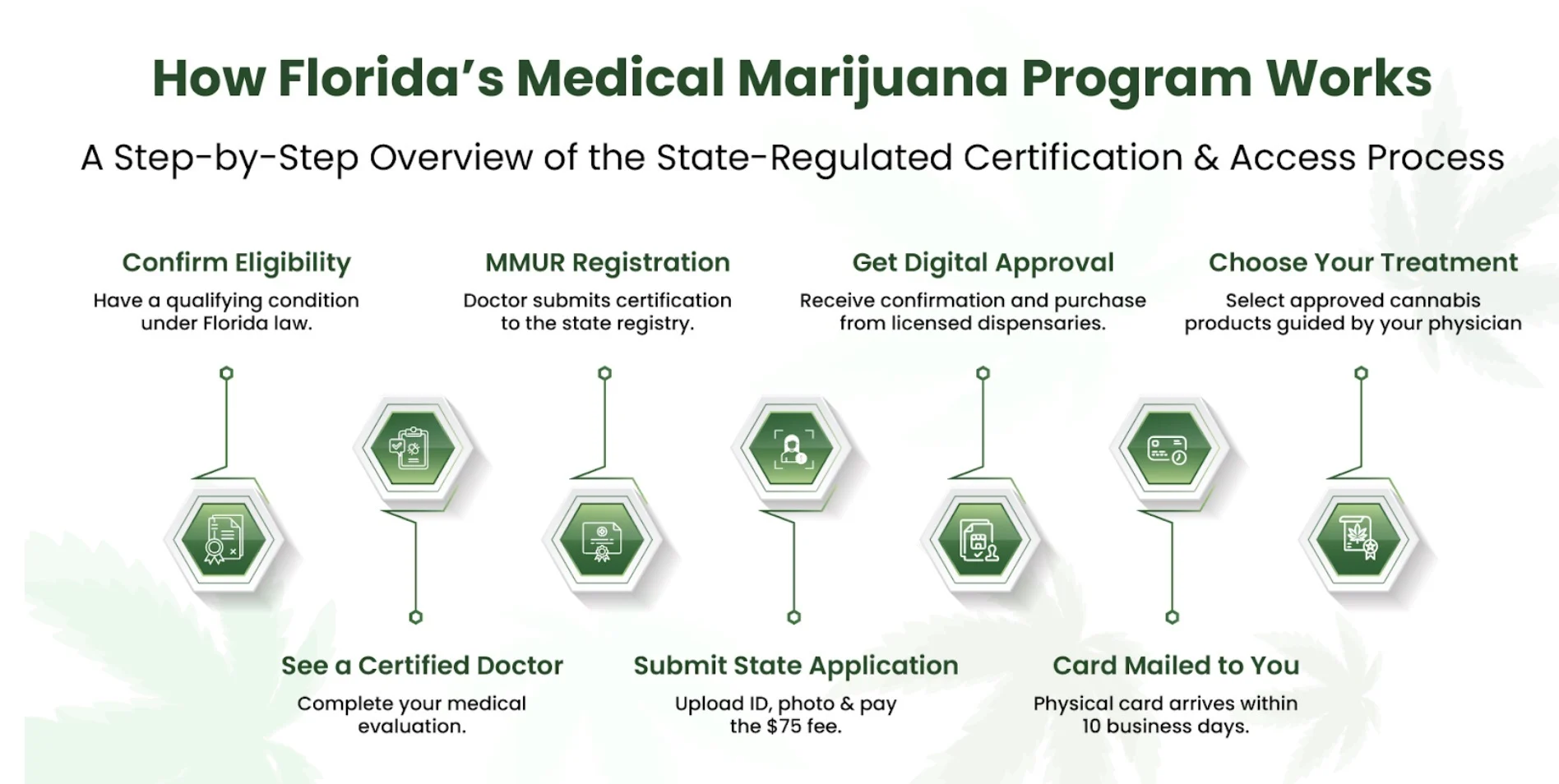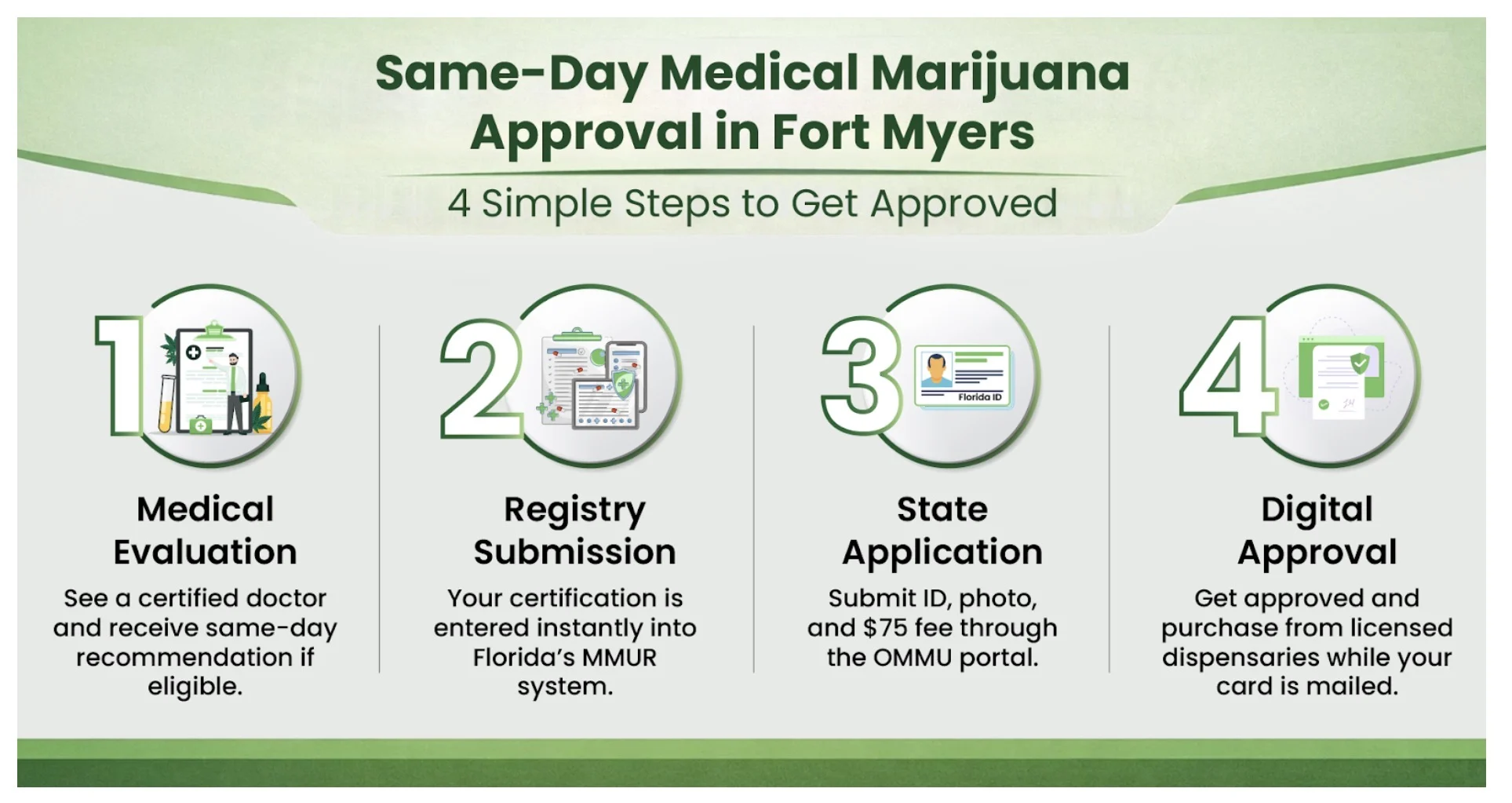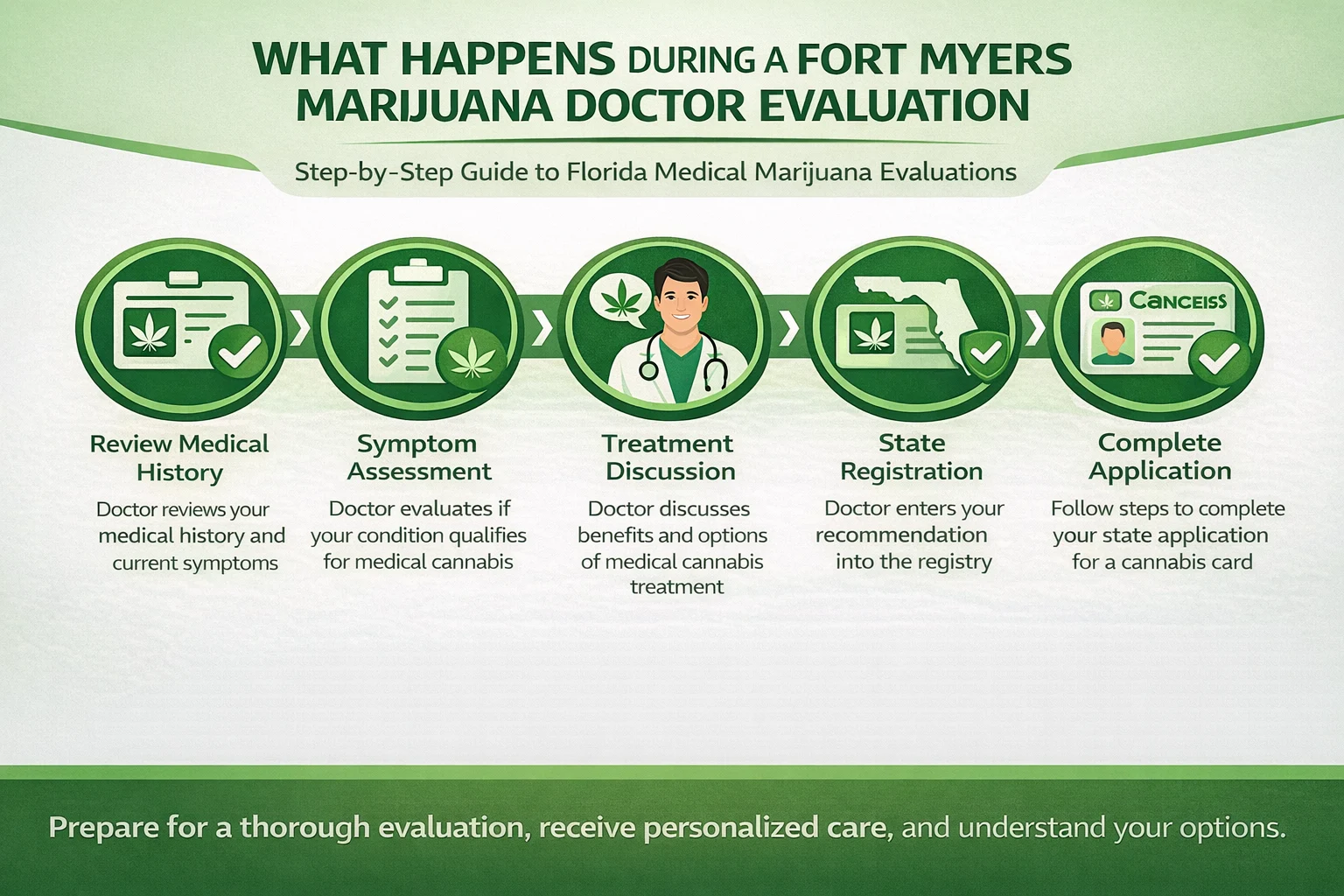End-of-life care during a terminal illness is very challenging and requires extensive patient management. Transitioning into palliative care is never easy. The goal of palliative care is to mitigate pain and control symptoms as best possible. One of the most common terminal illnesses for which patients seek alternative treatments is advanced cancer. Cancer is a well-known qualifying condition for a Medical Marijuana Card Naples in Florida.
Why do patients choose alternative cancer treatments?
Chemotherapy and other mainstream cancer treatments cause unpleasant side effects. Even though the side effects are temporary and often only last as long as the treatment, not all patients are willing to put themselves through it. The spectrum of side effects varies from individual to individual. Some patients opt-out of conventional chemo and radiotherapy because it is challenging to know which side effects may affect them.
Some common side effects of chemotherapy include:
- Fatigue
- Nausea
- Feeling sick all the time
- Hair Loss
- Increased susceptibility to infections
- Anemia
- Headaches
- Vomiting
- Easy bruising and bleeding
- Mouth ulcers
- Dryness of the mouth
- Loss of appetite
- Weakness and muscle wasting
- Discolored and brittle nails
Due to the distressing nature of these temporary but distressing side effects, patients often turn to alternative means, such as Medical Marijuana, for symptom relief.
Why use Medical Marijuana to treat cancer naturally?
Cannabis and cannabinoids (derivatives of cannabis) still await integration into mainstream medicine and treatment plans. There are mixed views regarding its efficacy in the treatment of certain medical conditions, particularly cancer. Since the legalization of Medical Marijuana in the U.S an increasing number of cancer patients are seeking a Medical Marijuana Card to use cannabis for symptom relief. There is very little research surrounding medical cannabis and cancer hence the reservations for safety, ethics, consequences, and therapeutic indications among healthcare professionals. Moreover, the social stigma surrounding Medical Marijuana doesn’t make acceptance any more uncomplicated. It only creates more barriers for research, accessibility, awareness, and knowledge for both patients and providers.
Marijuana and Cancer research
The limited available data suggests that patients use Medical Marijuana to relieve symptoms associated with mainstream cancer treatment rather than cancer itself. A few studies show that certain marijuana derivatives may contain anti-cancer properties. Scientists have experimented in mice, and cannabis administration reduced vascular endothelial growth factor expression and its receptors, leading to inhibition of blood vessel growth or iatrogenesis.
In another study involving mice, adding THC (tetrahydrocannabinol) to thalidomide (anti-cancer drug) supported dis integrative changes in tumors that had become resistant to chemotherapy. Many healthcare experts use these preliminary experiments and data to refer and advise patients with terminal cancer. Marijuana derivatives also exhibit anti-inflammatory and antioxidant properties that are beneficial in fighting cancer specifically. Even though this is primarily based on animal testing, using small doses of Medical Marijuana is considered relatively safe in cancer patients.
Modes of administration of Medical Marijuana in Cancer Patients
Only patients with a Medical Marijuana card are eligible for purchasing medical cannabis. The most common mode of administration is smoking or inhalation. When medical marijuana is smoked or vaporized, the derivative compound THC enters the bloodstream and rapidly reaches the brain.
However, when cannabis is added to food, such as brownies, and is eaten, it takes longer (may take hours) for complete absorption. The liver then processes the liver, producing a second psychoactive substance, CBD, that acts as a mood-altering agent and may also alter consciousness. If you are looking to get a Medical Marijuana card for yourself or a loved one and wonder whether cancer is a qualifying condition for a medical marijuana card in Florida.
What is the role of medical marijuana in palliative care?
Despite the challenges surrounding Medical Marijuana in mainstream medicine, the interest and research in this field are expanding, particularly in the hospice and palliative care setting. A recent survey showed that alternative treatments such as Medical Marijuana eases the minds and spirits of terminal cancer patients, who are suffering from chronic pain and other mind-numbing side effects.
Patients with advanced cancer do not have much time left, and they want to spend this time without constant pain and other debilitating side effects of cancer treatments. Medical marijuana can put a patient’s mind at rest as they come to terms with their fate. In the short period they have left, they want to spend valuable life moments with their loved ones.
Another benefit of medical marijuana in cancer patients is the enhancement of the senses. Increased sensory perceptions and awareness often leads to increased gratitude and appreciation for the simple things in life, such as tastes, music, art, and nature. Even though medical marijuana alters consciousness, it also enhances the moment-to-moment presence, especially when their days are numbered. Medical Marijuana treatment can provide some peace in the final days of a patient’s life- and that is more valuable than anything else in such a situation.
Some healthcare professionals would counter medical marijuana in cancer patients due to its physical and psychological dependence. However, medical marijuana experts prescribe small amounts of medicinal cannabis, and its use is strictly regulated by the law to maintain safe consumption and to prevent overdose.
How to get a medical marijuana card for cancer?
The first step in applying for a medical marijuana card for cancer is to go through your state’s Medical Marijuana Program. Florida residents can contact a Medical Marijuana doctor at My Florida Green to find out more about Medical Marijuana Card applications in Florida.
Despite strict rules and regulations for the use of medicinal cannabis, it is legal in most states allowing patients with cancer and other chronic conditions to access quality and affordable marijuana for symptom relief. A medical marijuana expert will need to examine your symptoms and render you qualified to obtain a Medical Marijuana Card. Once your application for the Medical Marijuana Card Sarasota is accepted and you receive your card, you can purchase medicinal cannabis at licensed state dispensaries.
Cancer is complex, and treatment is more complicated. If you believe medical marijuana can help you, reach out to us.








